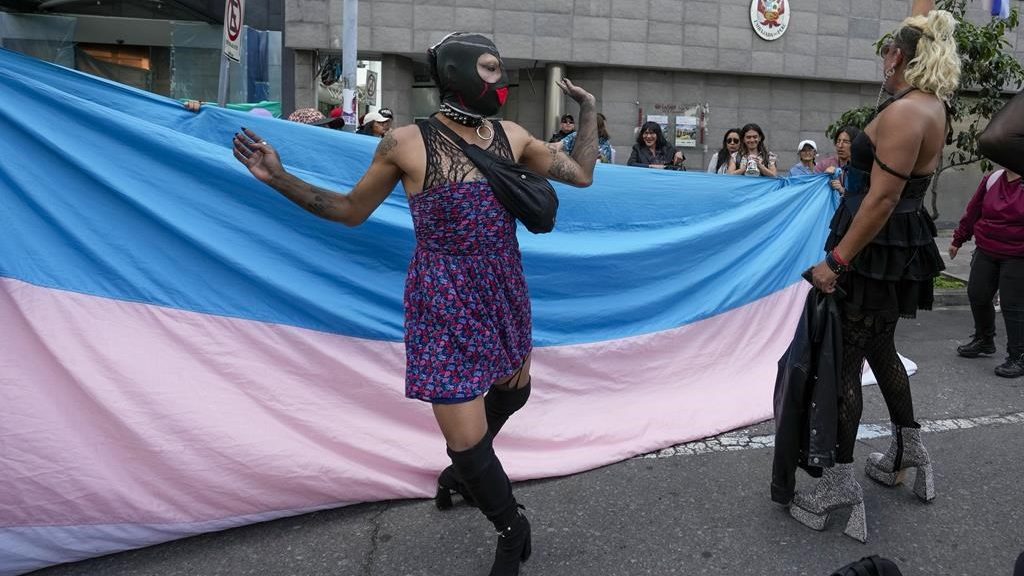Prevalence of mental disorders and suicidality higher among transgender and gender diverse people: new study shows

Posted Oct 19, 2024 12:07:25 PM.
Last Updated Oct 19, 2024 12:07:30 PM.
It has been well-documented that transgender and gender diverse people face higher rates of attacks, abuse, stigma and discrimination when compared to their cisgender counterparts, which can lead to mental health issues. But a new study from the University of Ottawa is one of the first large-scale, nationally represented samples using a validated diagnostic tool.
The study, published in the Journal of the American Medical Association, received responses from nearly 10,000 Canadians aged 15 and older.
Transgender and gender diverse people were nearly three times as likely to experience, or meet the criteria for, depression, anxiety, bipolar disorder and social phobias over a one-year period when compared to cisgender people, with more than half of transgender and gender diverse participants meeting this criteria.
In an even bigger gap, gender diverse people were three times as likely to report thoughts of suicide and six times as likely to have attempted suicide in their lifetime.
“This research is important because it highlights that we need better supports for transgender and gender diverse people, who experience high rates of prejudice and discrimination,” the study’s lead author Heidi Eccles, a PhD student in the School of Epidemiology and Public Health at the University of Ottawa, said in a press release.
Dr. Ian Colman added that research such as this should inform policy decisions regarding gender-affirming care.
The study suggests the disparity in rates of mental health disorders could be explained by minority stress theory, which suggests that the experience of prejudice and other negative social experiences experienced by stigmatized groups can have substantial impacts on physical and mental health. The authors suggest further research should investigate what factors lead to this disparity and what interventions could mitigate this inequity.
“Given these mental health disparities, there is a need for increased mental health services and access for transgender and gender diverse individuals,” Nicole Racine, an assistant professor of psychology and fellow author on the research, said in a press release. “Feeling accepted, understood, and socially supported are critical ingredients for this care.”
The authors note that a limitation of the study was the small sample of transgender and gender diverse people. Of the total sample, 52 people identified as transgender or gender diverse.








